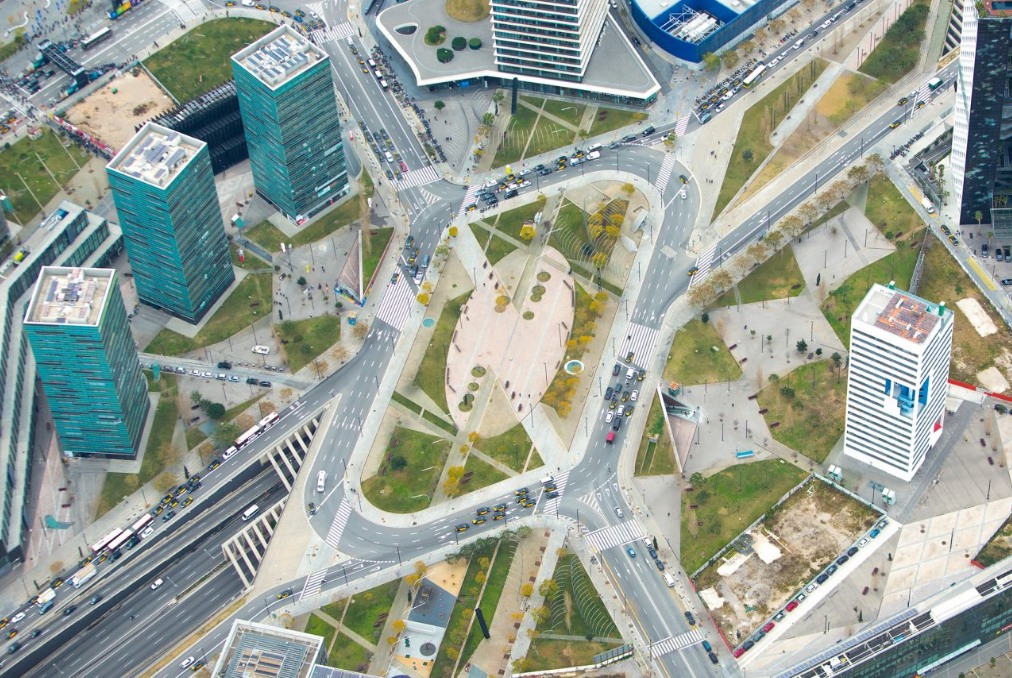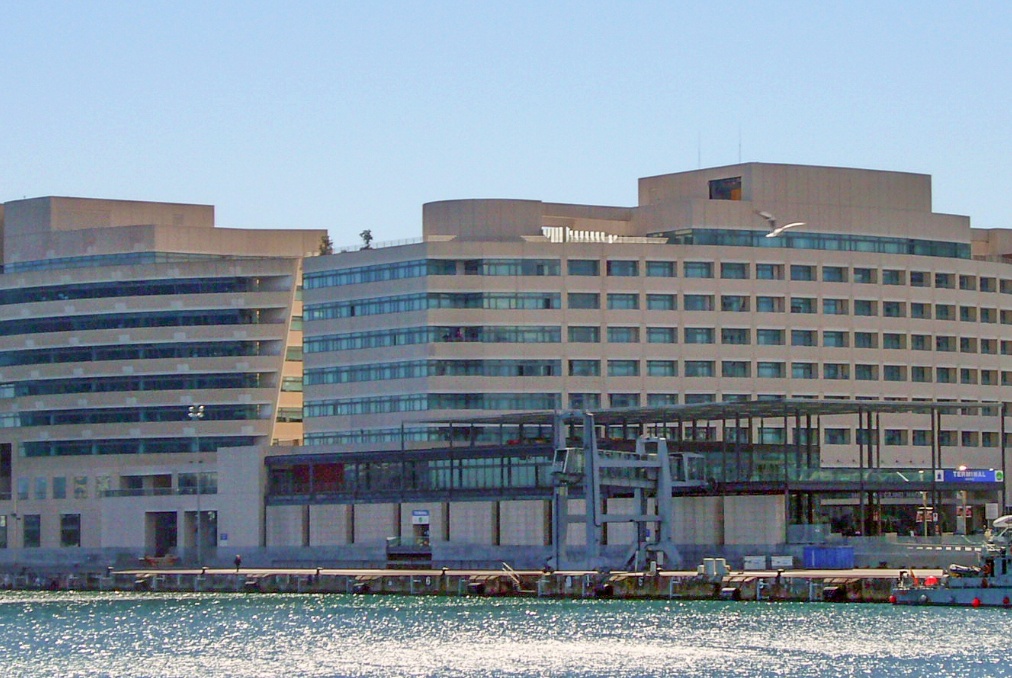30
June
2022
Share on networks
INTEL and the BSC-CNS will set up a joint laboratory in Barcelona with an investment of up to 400 million euros.
The project will be located on the North Campus of the Polytechnic University of Catalonia and is expected to create 300 jobs.

The INTEL technology company will open a microchip design laboratory together with the Barcelona Supercomputation Center (BSC-CNS) to help Europe become autonomous in chips with technology based on open-source RISC-V hardware. These chips are used worldwide in the design of autonomous cars or devices for artificial intelligence applications, and their manufacture is crucial, especially in the current context of the supply crisis.
This laboratory will receive an investment from INTEL of 200 million euros over 10 years, plus another 200 million euros from the government. This investment will place the country at the forefront of a key sector of the economy and is expected to generate 300 jobs.
Mateo Valero, director of BSC-CNS, confirmed that the agreement was formalized in Davos between the President of the Government, Pedro Sánchez, and the CEO of Intel, Pat Gelsinger:
Gracias, @PGelsinger, por elegir España para el laboratorio pionero de procesadores RISC-V en @BSC_CNS. Hoy aprobamos el #PERTE_Chip con el que aspiramos a crear un ecosistema sólido para el futuro de la computación en Europa y atraer grandes inversiones en semiconductores. pic.twitter.com/d3DCIDaTDO
— Pedro Sánchez (@sanchezcastejon) May 24, 2022
In addition, Valero is convinced that the existence of this laboratory in Barcelona, in such a competitive market, where competition is enormous and where Europe does not produce anything, will help to create a hub for new companies and jobs.
Natàlia Mas, Director General of Industry of the Generalitat de Catalunya and Director General of Catalonia Trade & Investment, reaffirms this, pointing out that: “The fact that INTEL is establishing itself in Barcelona with a project as strategic as the microchips is another example of why Catalonia is one of the most dynamic territories in Europe in terms of attracting foreign investment of a technological and productive nature”.
Related news

Green light for the Biopol PDU that will regenerate 96 hectares with an investment of 230 million

WTC Barcelona will renew the 48,000 m2 business centre in the port of Barcelona

Companies dedicated to AI in Catalonia will triple in 5 years


Subscribe our Newsletter
Subscribe
Follow us on social